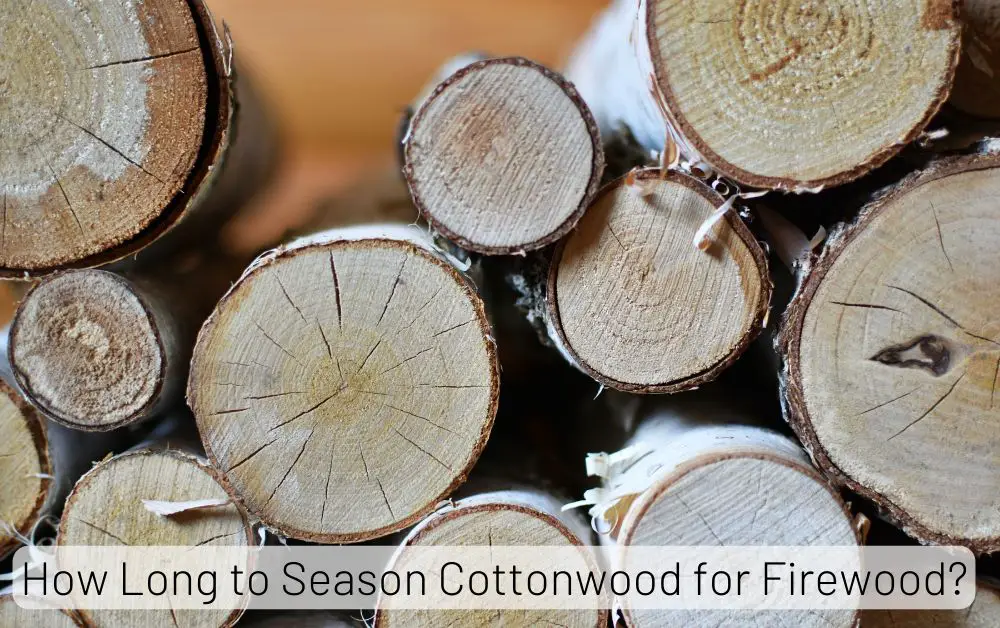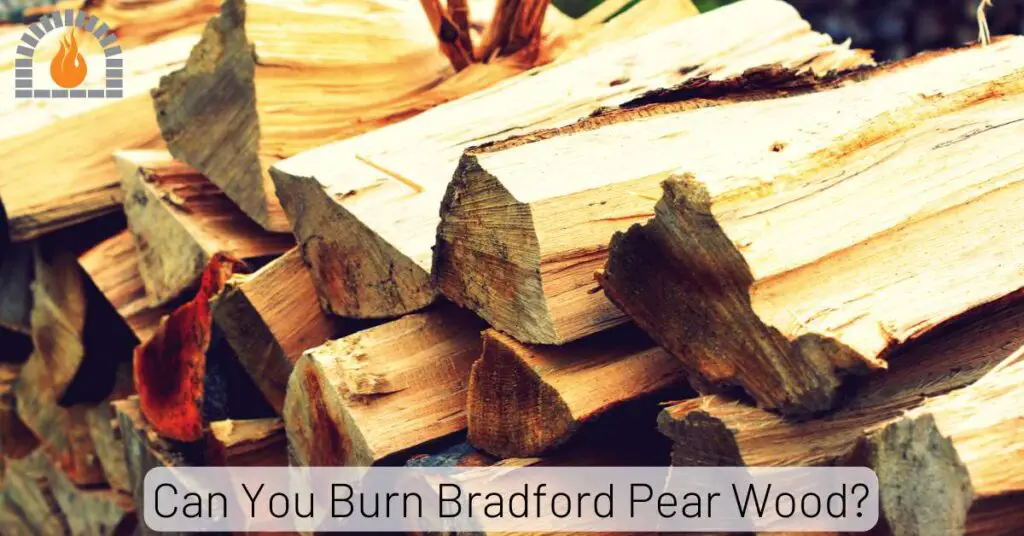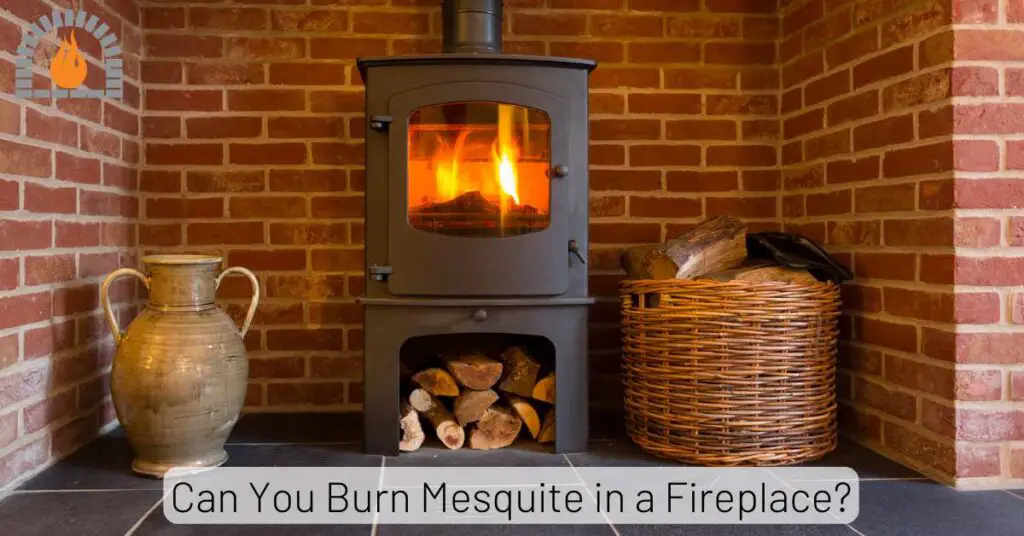When choosing the ideal firewood for a cozy night by the fireplace or a warm evening around a campfire, the options can be overwhelming. One wood type that often sparks debate among seasoned firewood enthusiasts is spruce. With its prevalence and accessibility in certain regions, many wonder whether spruce is reliable for fueling their fires. Is spruce good firewood?
Overview
| Spruce Firewood Characteristic | Information |
|---|---|
| BTU (British Thermal Units) | Moderate, lower than hardwoods (15.5 million BTUs) |
| Smoking | Low |
| Popping | Low |
| Sparking | Low |
| Ease of Seasoning | Relatively easy, but can vary |
| Ease of Splitting | Generally easy due to softwood nature |
| Moisture Content | Should be well-seasoned for efficient burning |
| Resin Content | Moderate, some species may have higher resin |
| Aroma | Pleasant, emits a distinctive spruce scent |
| Sustainability | Considered sustainable with responsible sourcing |
Is Spruce Good Firewood?
Spruce firewood boasts a moderate heat output rating of 15.5 million BTUs, making it a compatible option when compared to other shoulder season firewood. However, it falls short in matching the heat efficiency of popular woods such as oak or rock elm. Spruce firewood exhibits poor coaling properties, necessitating regular attention to keep the flames alive. Its lower heat output and faster burning characteristics may require more frequent feeding to maintain a consistent blaze.
Spruce firewood, derived from the softwood of spruce trees, offers a convenient and aromatic option for heating. While it may not be as dense as hardwoods, spruce burns quickly and emits a pleasant scent when ignited.
Its quick-burning nature makes it an excellent choice for kindling, although users should be mindful of replenishing the fire more frequently. Proper seasoning is crucial to enhance its combustion efficiency and reduce moisture-related issues.
Considerations such as resin content and sustainability practices should also be considered, and users are advised to maintain a well-ventilated storage space for optimum results.
Spruce firewood can be a viable and enjoyable choice for those seeking a reliable heat source with its unique characteristics.
Related Post: Is Alder Good Firewood?
Pros of Spruce Firewood
-
Spruce firewood ignites easily, making it an excellent choice for kindling and quickly starting a fire.
-
Burning spruce emits a pleasant and distinctive aroma, enhancing the overall experience of using a wood-burning stove or fireplace.
-
The softwood nature of spruce allows for a faster burn, providing heat more rapidly than some hardwoods.
-
Spruce is generally easy to split due to its softer wood, making it manageable for those without advanced splitting tools.
-
While not as high as hardwoods, spruce still produces moderate heat, making it suitable for heating purposes.
-
When sourced responsibly, spruce can be part of sustainable forestry practices.
Cons of Spruce Firewood
-
The lower density of spruce means it burns more quickly and produces less heat per unit of volume than hardwoods.
-
Spruce firewood may have a higher moisture content if not correctly seasoned, leading to efficient combustion and increased creosote buildup.
-
Some spruce species may have a higher resin content, contributing to increased creosote production and the need for more frequent chimney maintenance.
-
While quick burning can be an advantage, it also means that spruce firewood may need to be replenished more frequently, requiring more attention and maintenance.
-
Spruce produces less coal than hardwoods, which may not provide a long-lasting bed of hot embers.
-
Due to its quick-burning nature, spruce may not be the best choice for situations where a long, sustained burn is desired.
Essential Consideration For Usind Spruce Wood as Firewood
Using spruce wood as firewood can be a viable option, but there are some essential considerations to keep in mind:
Make sure that the spruce wood undergoes thorough seasoning. Green or unseasoned wood harbors an abundance of moisture, leading to suboptimal combustion, an overabundance of smoke, and the potential for creosote accumulation within chimneys.
Spruce typically requires around 6-12 months of seasoning to reach an optimal moisture content of 15-20%. This helps in producing a hotter and cleaner burn.
Store the firewood in a dry, well-ventilated area to prevent it from absorbing moisture. A covered woodshed or storage rack off the ground is ideal.
Spruce wood burns relatively quickly compared to hardwoods, so you may need to replenish the fire more frequently. It’s essential to be attentive and add wood as needed.
Use spruce wood cautiously in wood-burning stoves or fireplaces to avoid excessive creosote buildup in the chimney. Creosote can lead to chimney fires if not regularly cleaned.
Spruce has a lower energy content than hardwoods, so you may need to use more wood to achieve the same heat level. This is something to consider if you rely on wood as a primary heating source.
Spruce wood can produce more smoke than hardwoods, and the resin content may release more creosote. Regular chimney maintenance is crucial.
Spruce can be suitable for open fires due to its quick-burning nature, but there may be better choices for prolonged, consistent heat. Consider mixing spruce with hardwoods for a more balanced burn.
Ensure that the spruce wood is sourced sustainably. Harvesting wood responsibly helps maintain healthy forests and ecosystems.
Review local regulations and adhere to guidelines about the utilization of wood-burning appliances. Certain regions might impose limitations aimed at addressing air quality issues.
Final Thoughts: Is Spruce Good Firewood?
In conclusion, when used appropriately, spruce firewood is a good option for heating your home. Its unique characteristics and proper seasoning and handling can make it a valuable choice. Consider your specific heating needs and environmental concerns when deciding if spruce firewood fits you.
Affiliate Disclosure: Fireplaceadviser.com is a participant in the Amazon Services LLC Associates Program. We may earn a commission when you click on certain links on this site and purchase.

Hello!! I am Jamal Khan. I often fix my home electric heaters and gas stove problems and research the common issues in the heating units to improve my knowledge and expertise. The aim of establishing fireplaceadviser.com is to share my expertise and knowledge with my audience.


















